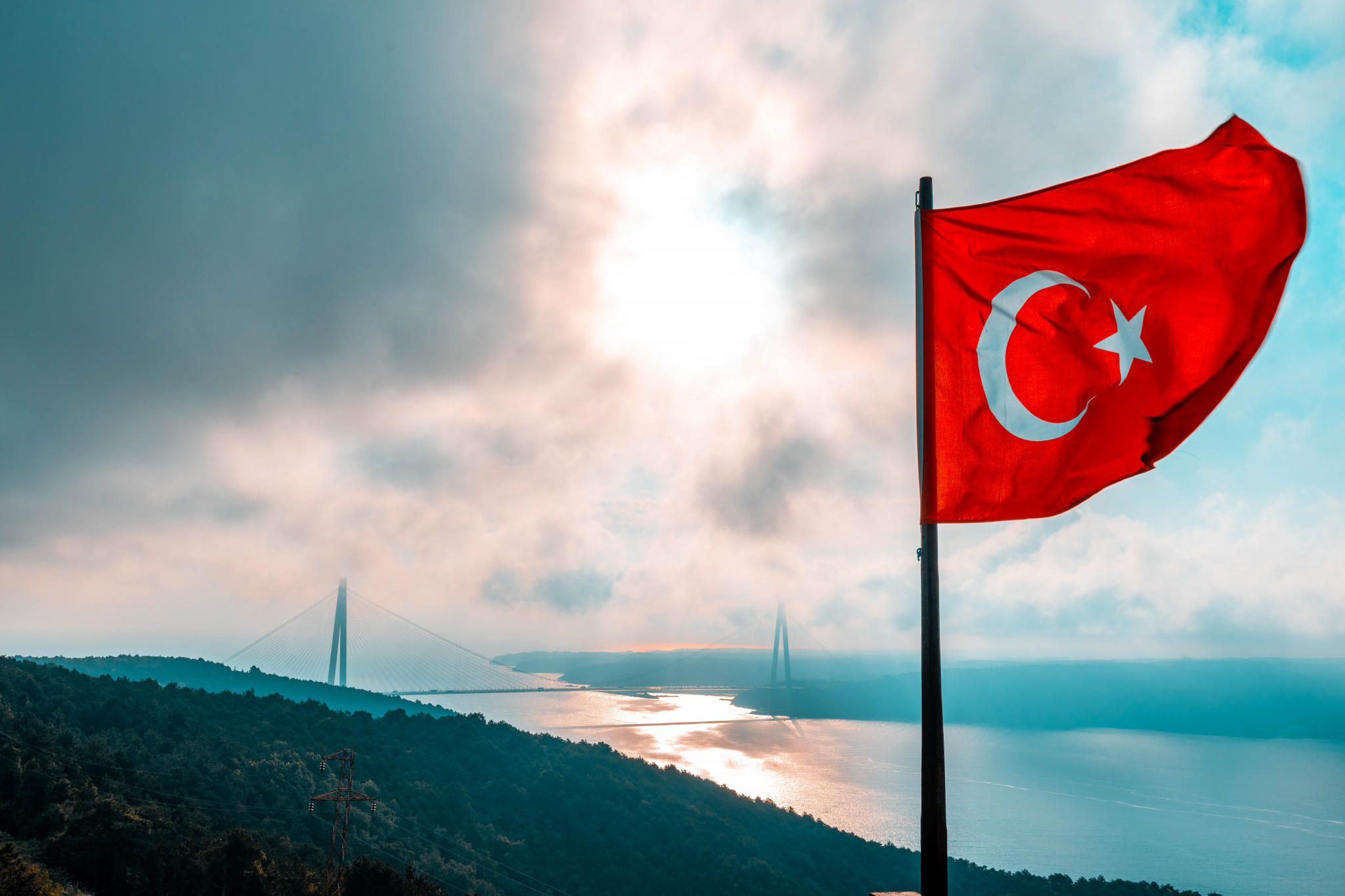Dr Muzaffer Kutlay, our newly appointed Senior Lecturer in Politics and Law, offers her thoughts.
Turkish citizens cast their votes in two rounds in the critical May 2023 elections. President Erdoğan, who has been ruling the country over the last two decades, succeeded to win again despite difficult economic conditions. The earthquakes, which caused the tragic death of more than 50 thousand people in February this year, also created enormous challenges for the nation and the government. None of the candidates managed to pass the 50 percent threshold in the first round of the elections; in the second round Erdoğan got more than 52 percent of the votes, that is, 2.3 million votes more than the opposition candidate Kemal Kılıçdaroğlu. In the parliamentary election, which was held in the same day with the first round of the presidential elections, the ruling AKP’s vote share dropped by about 7 percent. Yet, the opposition parties in total could not manage to control the majority in the Parliament.
The election results came as a true shock for the opposition. Despite opposition parties formed a unified bloc against the government (known as ‘the table of six’), their efforts proved insufficient to convince long-term government supporters. On the other hand, despite president Erdoğan secured a clear victory, he will also face key challenges. The first and immediate challenge is the poor state of the economy. Turkish economy is now under significant strain because of persistent poor management over years. Especially since 2021, Turkish lira massively depreciated, central bank reserves plummeted, and inflation is on the rise. The cost-of-living crisis is a major concern for wage earners and skyrocketing house prices create massive challenges for middle classes, urban poor, and younger generations leaving in large cities. Also, before the elections, Erdoğan did not hesitate to use all public resources to mobilise its support base —as a result, budget deficit has risen steeply. The government needs a clear plan and time to address existing challenges.
On the foreign policy front, Erdoğan government is likely to continue the current path by further developing bilateral relations with non-Western countries like Russia, China, and the Gulf states. It is also likely that the government will try to mend ties with the West. Approving Sweden’s NATO membership might be one of the first concrete steps in this direction. Yet, “transactionalism” will be the name of the game in Turkey’s relations with Western countries. President Erdogan will prioritise an issue-based cooperation with the Western actors in key areas such as migration control, trade, and investments without any emphasis on a normative common ground on democracy, rule of law and transparency. Turkish government is likely to remain committed to autonomous foreign policy, as most recently seen in Turkey’s stance on Russia’s invasion of Ukraine. Turkey will try to continue talking to both sides and capitalise on its key geopolitical position. Turkey’s delicate foreign policy standing will closely be informed by the future trajectory of the Russia-Ukraine war, but Turkish government believes that global
power dynamics, shifting from the West to non-Western actors, will continue working in favour of Ankara, providing an adequate bargaining space in its external relations.

Dr Muzaffer Kutlay joined CCCU as Senior Lecturer in Law and Politics in April 2023. Previously she has held research posts at the Oxford Belarus Observatory, and the GCRF UKRI Compass Project. She has lectured at King’s College London (2019-2021); and at the University of Kent (2017-2019). Muzaffer’s ongoing research focusses on forced migration in global politics, inter-ethnic co-existence and resilience. She welcomes applications for PhD projects on these topics.
Photo by Fatih Turan: https://www.pexels.com/photo/waving-flag-of-turkey-8704334/
 Politics
Politics Laura Cashman
Laura Cashman 1524
1524


